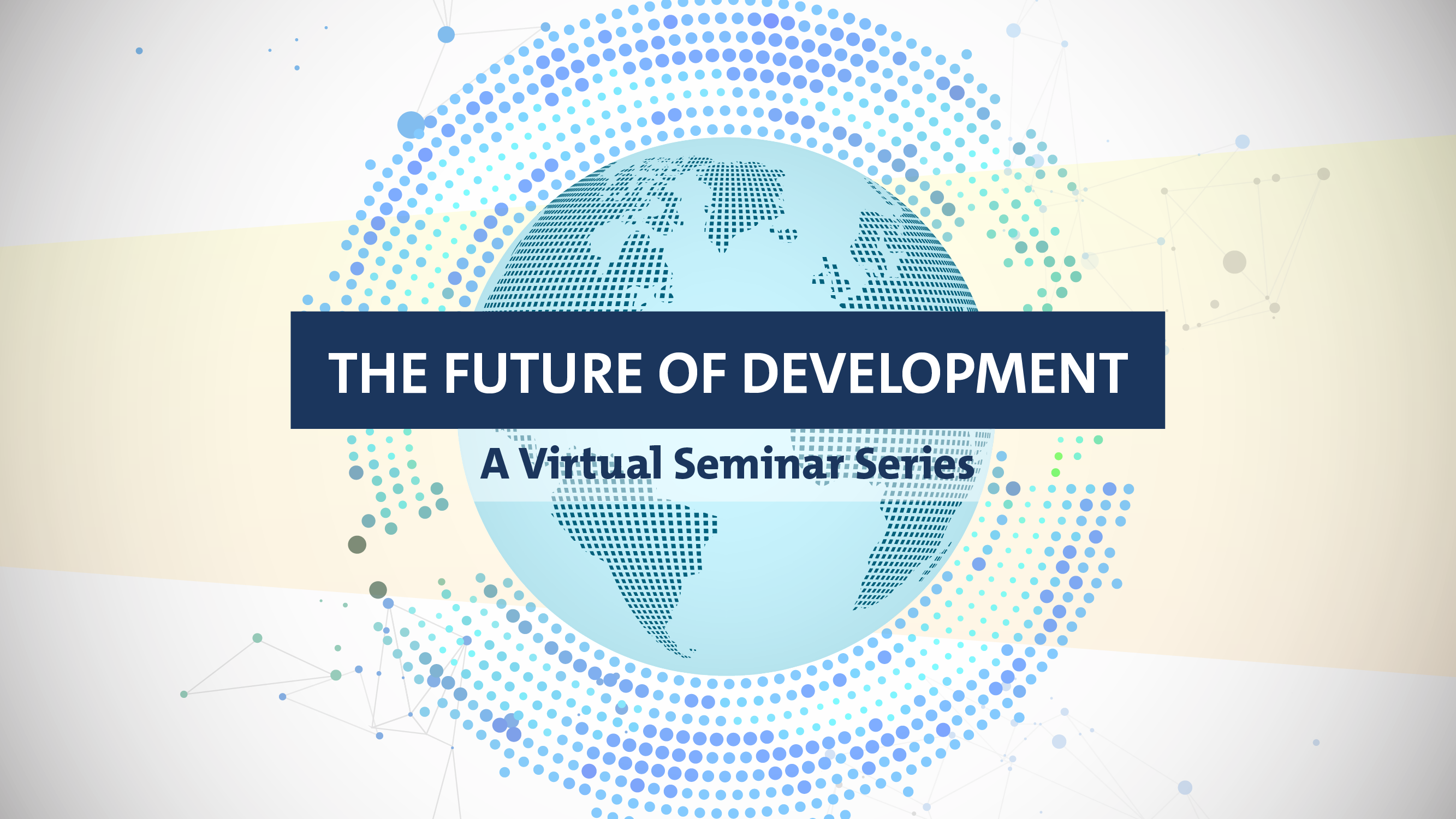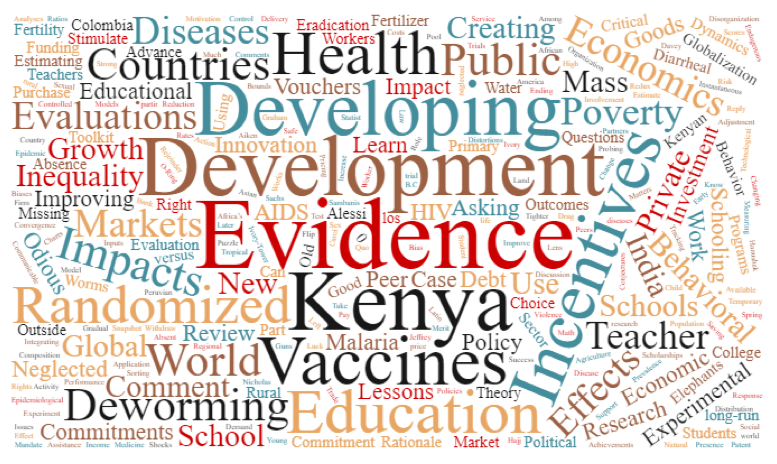Ideas to action: independent research for global prosperity
Search
Filters:
Experts
Facet Toggle
Topics
Facet Toggle
Content Type
Facet Toggle
Publication Type
Facet Toggle
Article Type
Facet Toggle
Time Frame
Facet Toggle
Dec
1
2020
9:00—10:15 AM ET
November 16, 2020
The rapid spread of mobile phones in developing countries, coupled with recent advances in our ability to analyze big data through tools such as machine learning and artificial intelligence, has generated considerable excitement about the potential of information and communications technology (ICT) ...
Oct
30
2019
4:00—6:30 PM ET
October 25, 2019
Two weeks ago, the Royal Swedish Academy of Sciences awarded the Sveriges Riksbank Prize in Economic Sciences in Memory of Alfred Nobel for 2019 to Michael Kremer, together with Abhijit Banerjee and Esther Duflo, “for their experimental approach to alleviating global poverty.”
Michael K...
Blog Post
October 22, 2019
Last week, Abhijit Banerjee, Esther Duflo, and Michael Kremer received the Nobel Prize in Economic Sciences “for their experimental approach to alleviating global poverty.” In this blog post, I’ll give you a bite-sized introduction to more than 100 of Michael Kremer’s researc...
WORKING PAPERS
January 25, 2016
Many developing countries need the World Bank’s capital less and less. What role should the Bank play in the 21st century? This paper argues that many features of the Bank today reflect a new role. That role, resting on the economic theory of bargaining and public good provision, is to reduce ...
WORKING PAPERS
July 15, 2013
We argue that in pharmaceutical markets, variation in the arrival time of consumer heterogeneity creates differences between a producer’s ability to extract consumer surplus with preventives and treatments, potentially distorting R&D decisions. If consumers vary only in disease risk, reven...









